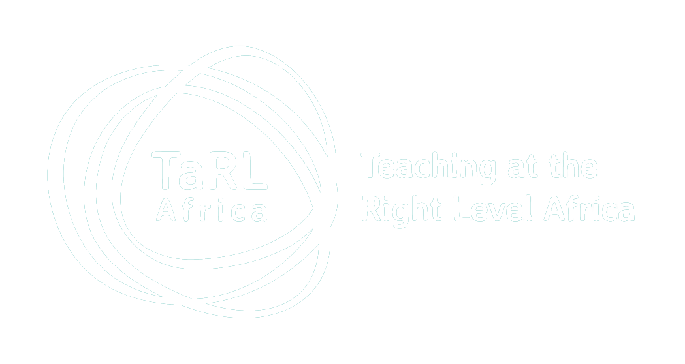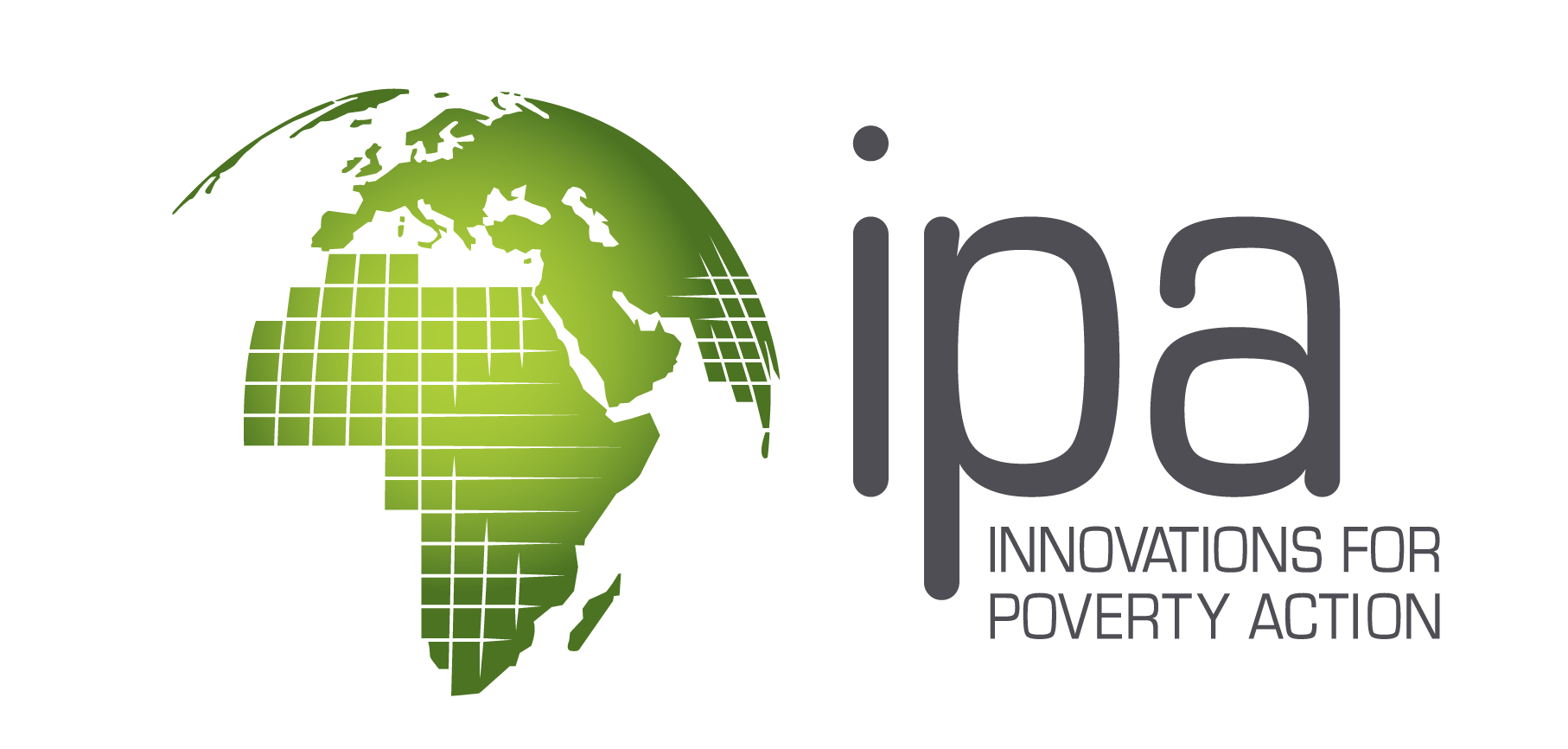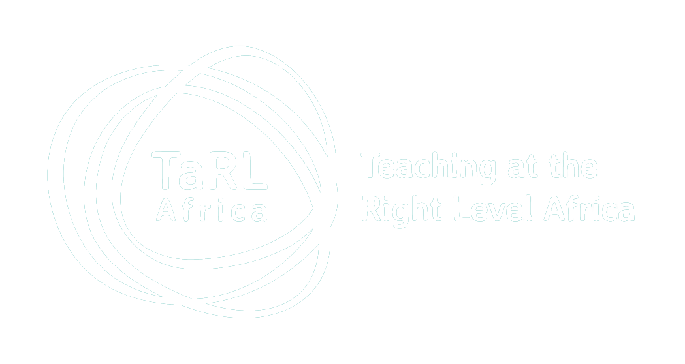Côte d’Ivoire
The Ministry of National Education of Côte d’Ivoire partners with Transforming Education in Cocoa Communities to adapt the TaRL approach, forming the Programme d’Enseignement Ciblé.

Background
Education results in Côte d’Ivoire show that many children do not gain foundational skills in primary school. Mandatory schooling, which the government enforced in 2015, targets children aged 6 to 16 years. In 2018, the gross primary school enrollment rate was 99.8%, but only 56.7% of the children completed their primary education, and the youth literacy rate did not exceed 60% according to the Programme d’analyse des systèmes éducatifs de la confemen ( PASEC 2019) report. The PASEC 2019 assessment also reveals that 59.5% of pupils do not have foundational reading skills, and 41.2% do not master basic mathematics skills, increasing the risk of early school drop-out.
In addition to low learning levels, overcrowded classrooms, and ambitious curricula, many students in Côte d’Ivoire face a language barrier. Although over 70 languages are spoken across the country and within classrooms, French is the lingua franca and the official language. As a result, many children have to learn a different language from that spoken at home.
In November 2017, the Ministry of National Education of Côte d’Ivoire partnered with J-PAL Europe, Pratham, and Transforming Education in Cocoa Communities (TRECC), to adapt and pilot le Programme d’Enseignement Ciblé (PEC), the first TaRL programme ever launched in French. Teachers facilitate engaging TaRL activities in French and mathematics, for one and a half hours every day, for children from grades 3 to 6 years in formal public schools and community schools. Government mentors receive training to provide continuous support to teachers.
The TaRL pilot involved initial 50 schools in the cocoa-growing regions of Méagui and Gabiadji, supported by the Jacobs Foundation, CÉMOI, and Tony’s Chocolonely under the TRECC initiative. The pilot culminated in mid-2019 with marked improvements in learning outcomes. The proportion of children able to read a simple paragraph increased from 14 percent to 51 percent, and the proportion of children able to do a simple subtraction sum increased from 12 percent to 63 percent. These impressive results established an important proof point of the potential for TaRL to shift learning outcomes in French and Maths in Côte d’Ivoire.
In conjunction with the pilots, Innovations for Poverty Action Côte d’Ivoire were commissioned by the Jacobs Foundation to undertake an independent process evaluation. Through this process, the Ministry of Education and TRECC decided to scale the program.
The Framework for PEC implementation is defined at the national level by the government. The government’s role includes policy development, the execution, coordination, and monitoring/evaluation of all PEC activities. Also, the national government, supported by a regional team, executes, coordinates, and supervises at the regional and district levels all activities related to the implementation of the PEC. The national government also ensures the coordination of PEC partners’ interventions.
- Visit the TRECC website
- Read a blog post about adapting the TaRL approach to fracophone West Africa
1) Programme d’analyse des systèmes éducatifs de la confemen (PASEC) 2019. Retrieved from https://www.confemen.org/rapport-international-pasec2019/#
2) Programme d’analyse des systèmes éducatifs de la confemen (PASEC). 2014. “PASEC2014 Education System Performance in Francophone Sub-Saharan Africa – competencies and learning factors in primary education.” Accessed January 11, 2019. http://www.pasec.confemen.org/wp-content/uploads/2015/12/Rapport_Pasec2014_GB_webv2.pdf



